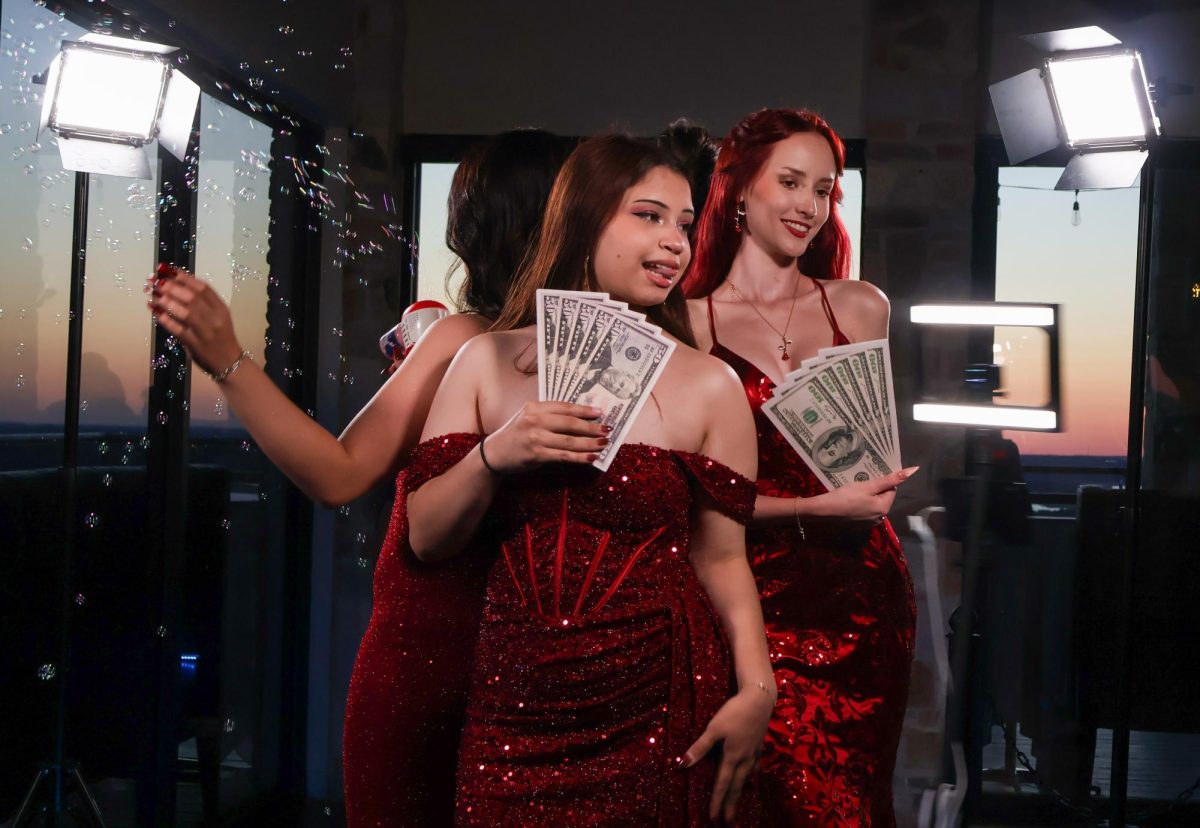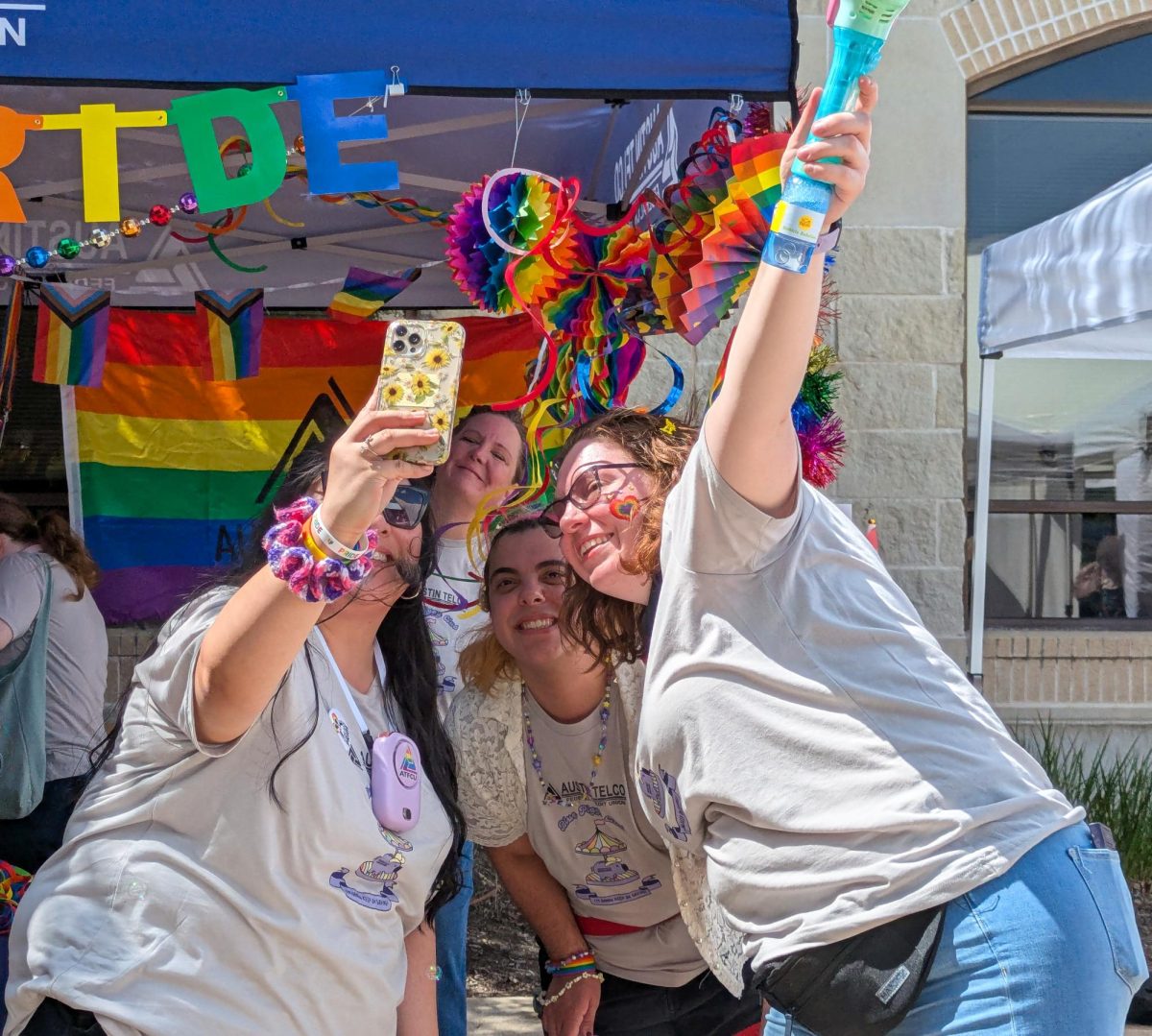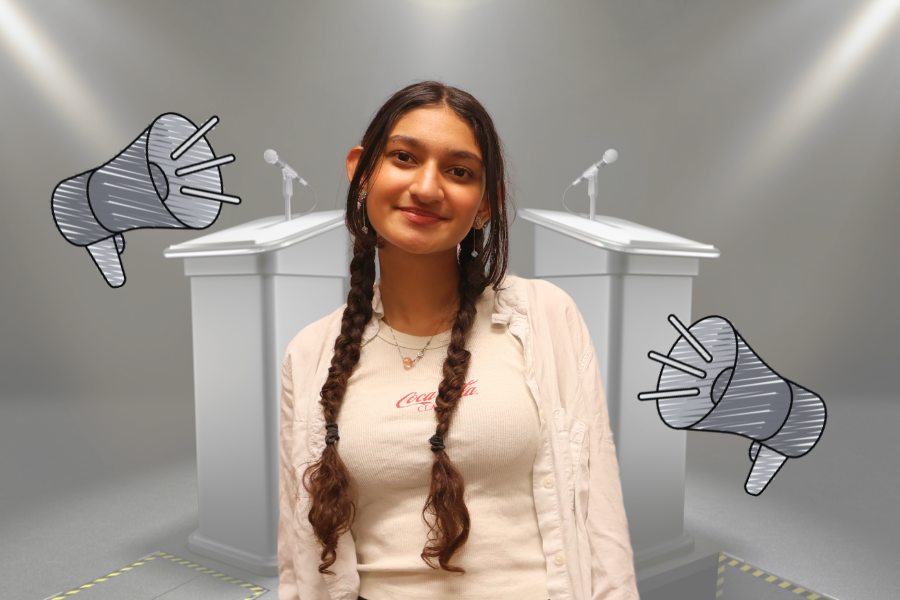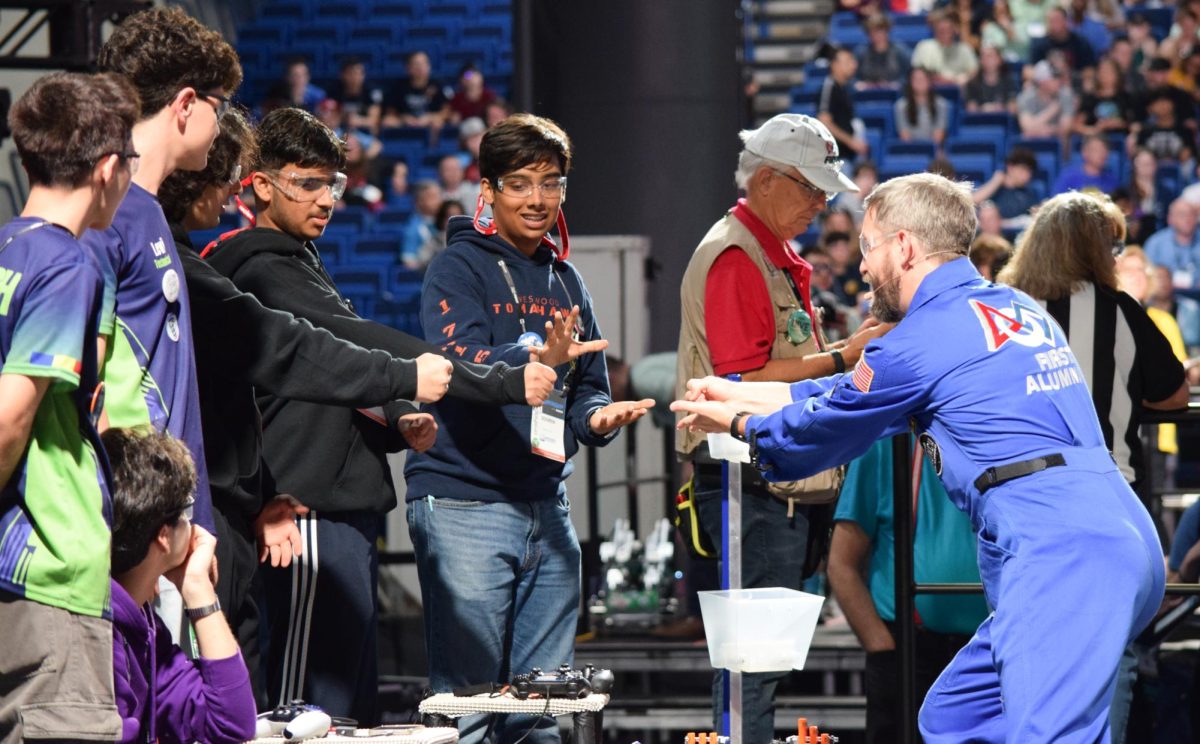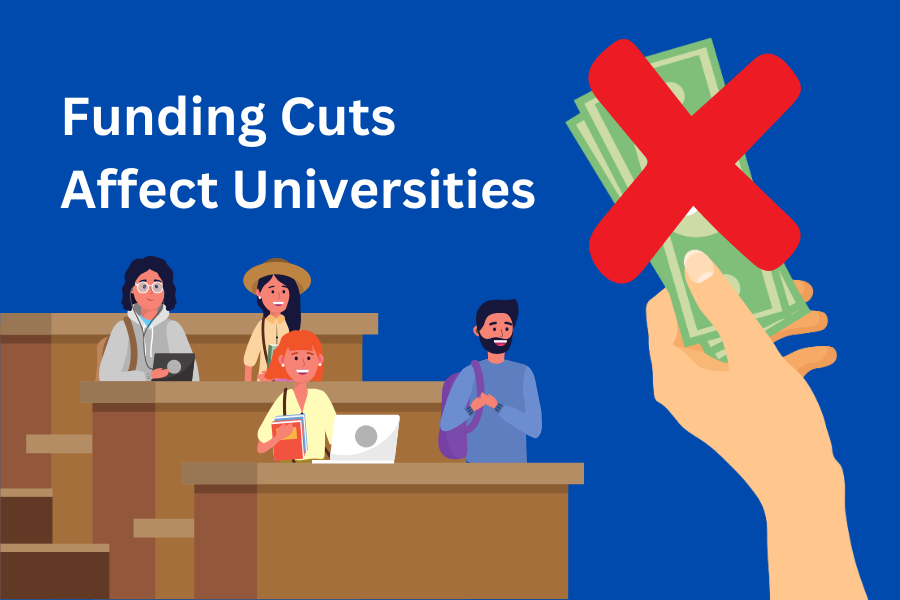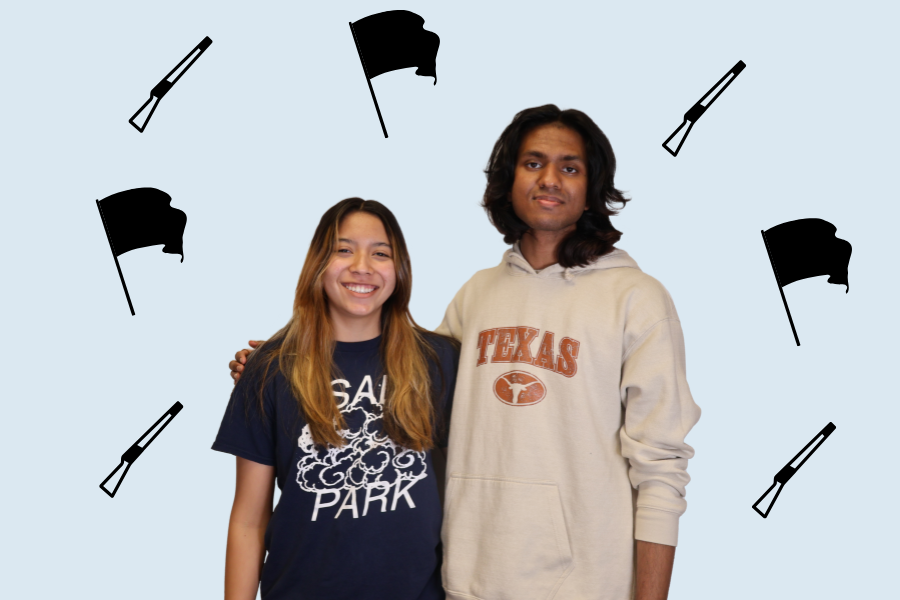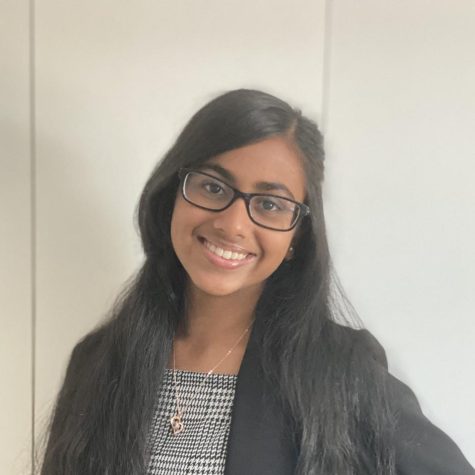On Wednesday, Nov. 14, Neuroscience and Neurodiversity Club held their second meeting of the year after school in Dr. Plocher’s room. The club invited guest speakers from Greenleaf Neurodiversity Community Center to join them over a Zoom call and speak to members about neurodivergent individuals and lifestyles.
“We invited guest speakers because we wanted to include their real-world knowledge and experiences into our neurodiversity conversations,” Neuroscience and Neurodiversity Club President Akhilesh Pissay ‘24 said. “They offered personal narratives and professional insights regarding neurodivergent experiences since we understand the importance of firsthand perspectives.”
The guest speakers, Ashlan Armstrong and Mitchell Bowman, informed members about the vastness of neurodiversity by discussing the ways people use their cognitive abilities to navigate the world. Armstrong and Bowman additionally addressed how neurodivergent individuals are often overlooked and underrepresented.
“The importance of accepting many viewpoints and fostering an inclusive atmosphere that honors the individual strengths of every member of our community was brought to light by listening to the guest speakers and participating in the conversations,” Pissay said.
Coming from Greenleaf Neurodiversity Community Center, both Armstrong and Bowman embodied the values of the non-profit that aims to foster a community that supports the abilities of people with autism and related neurodivergent conditions in a way that helps them reach their full potential.
“I think that the biggest takeaways from today’s session, [are] just some perspectives about what it’s like for members of the neurodiverse community and people in institutions that work with them,” Dr. Plocher said. “The opportunity to hear from people who really have a lot of experience with all the different ways that neurodivergence can look was really helpful. I loved hearing Ashlan talk about being actively kind and inclusion being an active process.”
Dr. Plocher stepped in during the meeting to impart knowledge regarding his personal experience with neurodiversity and neurodivergence, speaking to members on a level that enabled them to truly connect with him and the idea of how neurodivergence is a topic that needs to be addressed.
“I have a number of family members with autism, including my son, and I have been through the special education system as a parent, and I had to deal directly, unfortunately, with a lot of stereotypes and misconceptions,” Dr. Plocher said. “So it’s something that’s very personally important to me, and I [believe] it’s important to think about people’s sensory needs, but also to actively make sure that people are included.”
Club member Nishita Mukkar ‘26 enjoyed listening to the many different accounts of how neurodiversity affects people. She admired how the club spreads awareness about neurodivergence and the challenges that come with it, a topic that’s not addressed very often.
“It’s pretty well known that people who are neurodiverse face difficulties in school, but seeing specific examples of how that can affect them and the ways they still have to integrate socially into our world was really interesting to learn,” Mukkar said.
After successfully broadening the mindsets of each member through this meeting, Neuroscience and Neurodiversity club now aims to increase its impact and expand its scope in the Westwood student body.
“By reaching a broader audience, the club can contribute to creating a more supportive and empathetic campus environment, ultimately breaking down barriers and building a stronger sense of community awareness and acceptance,” Pissay said.

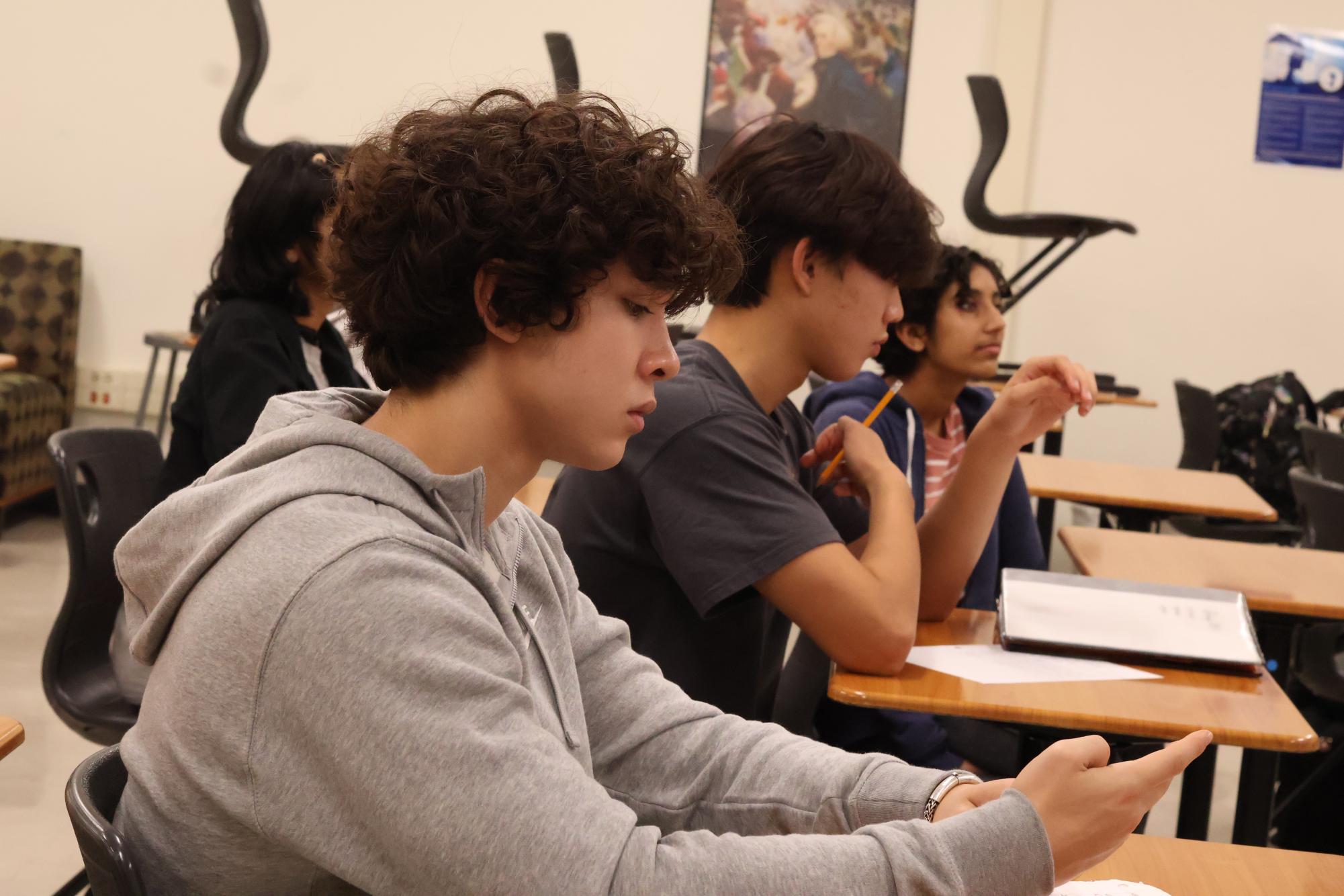
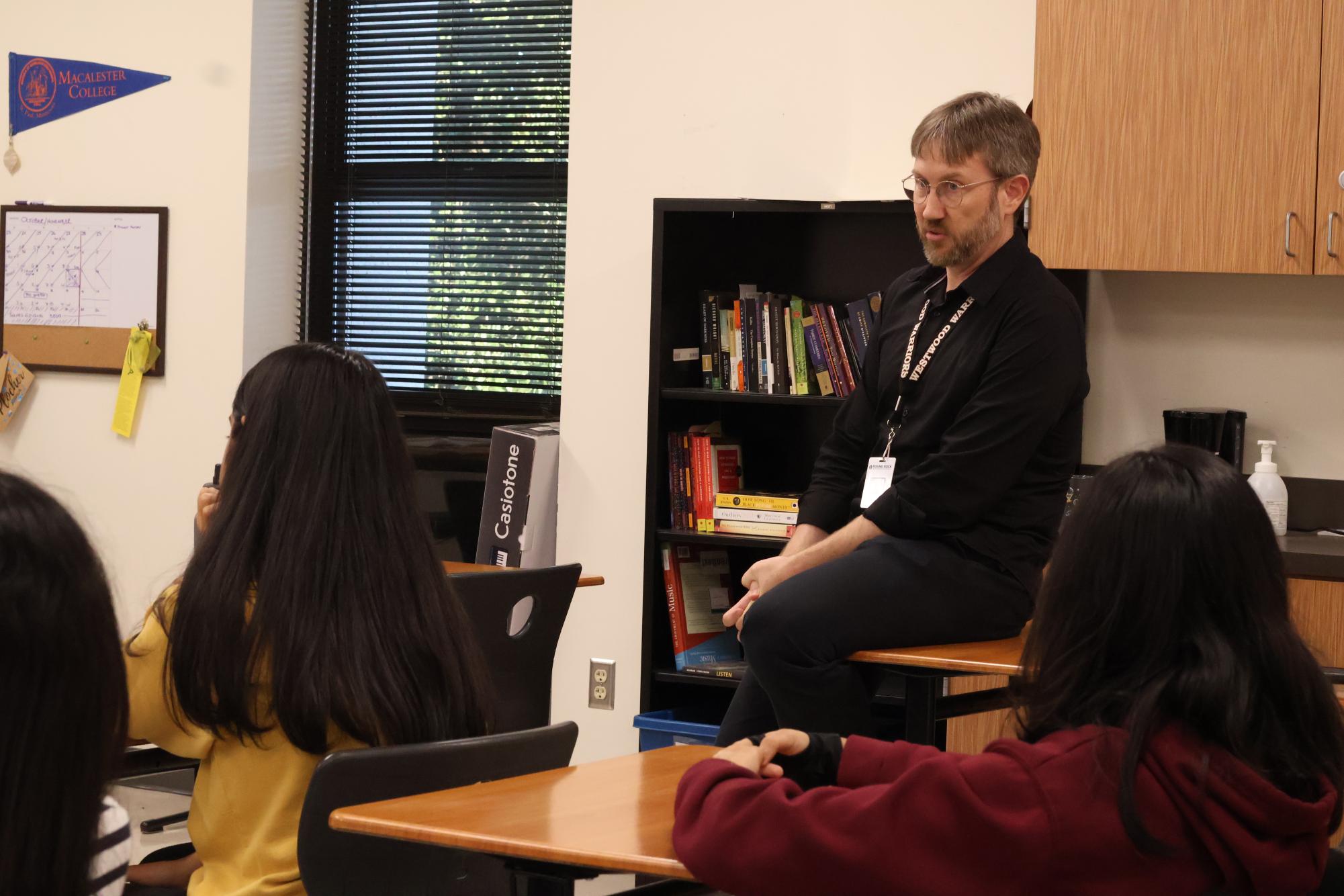
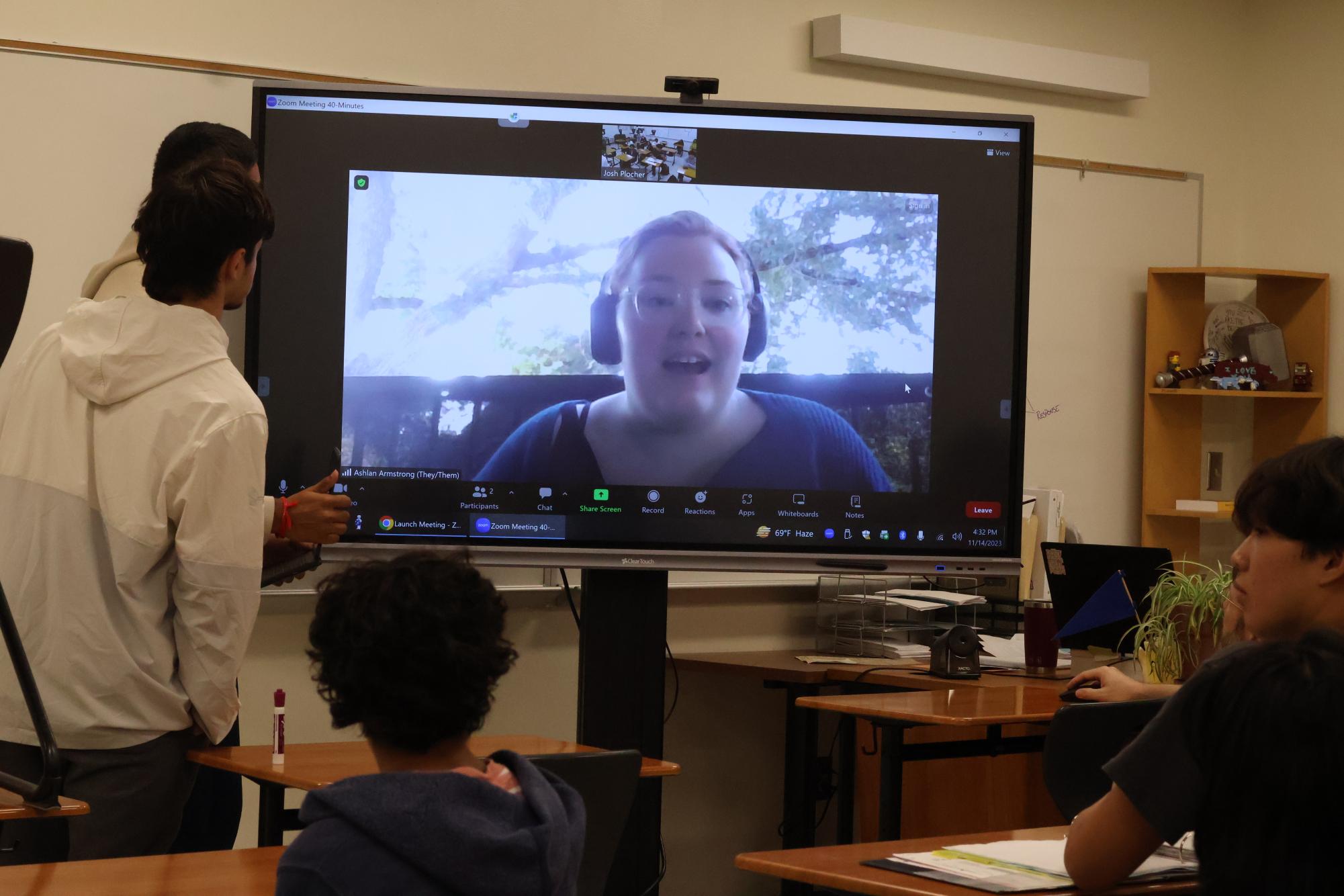
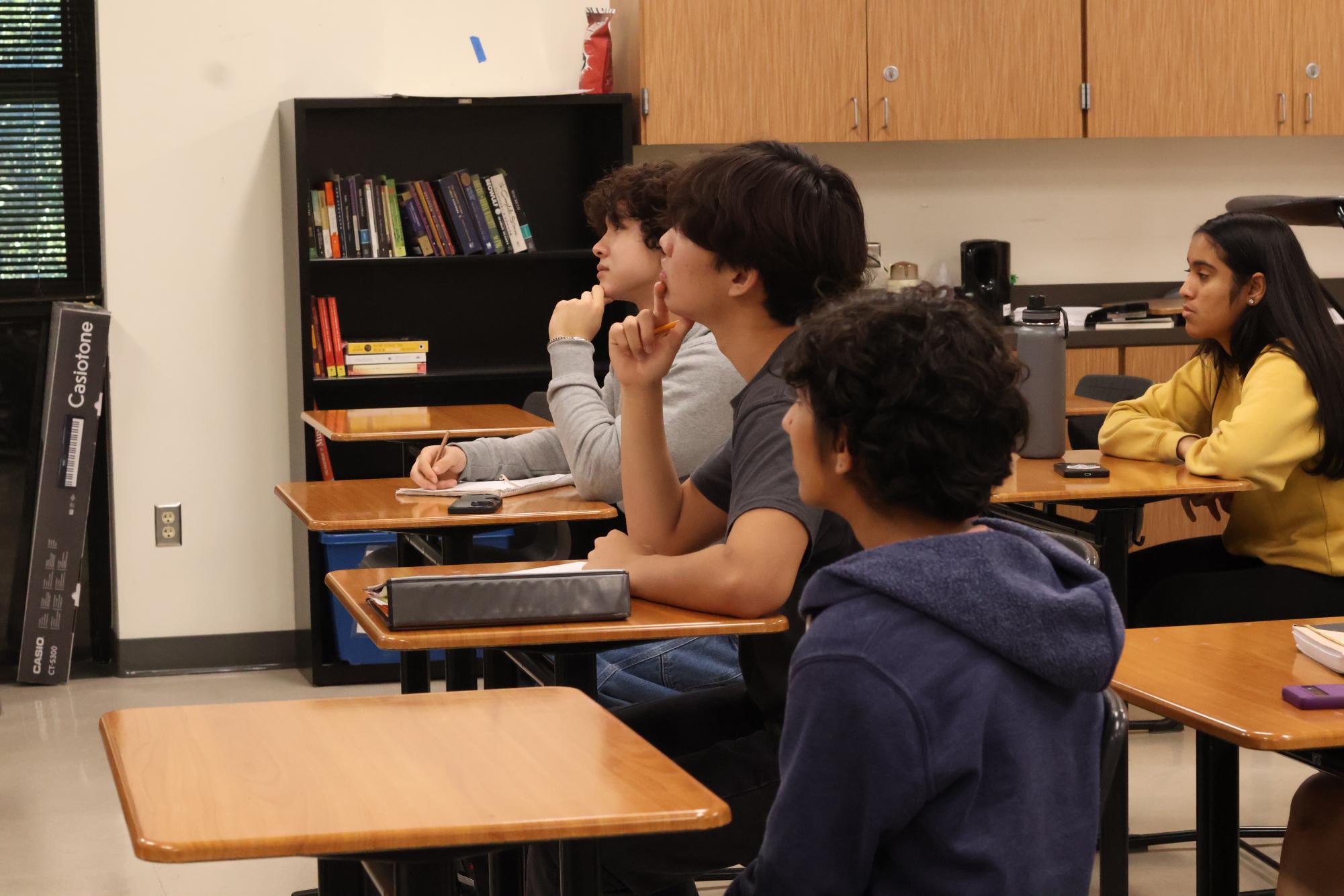
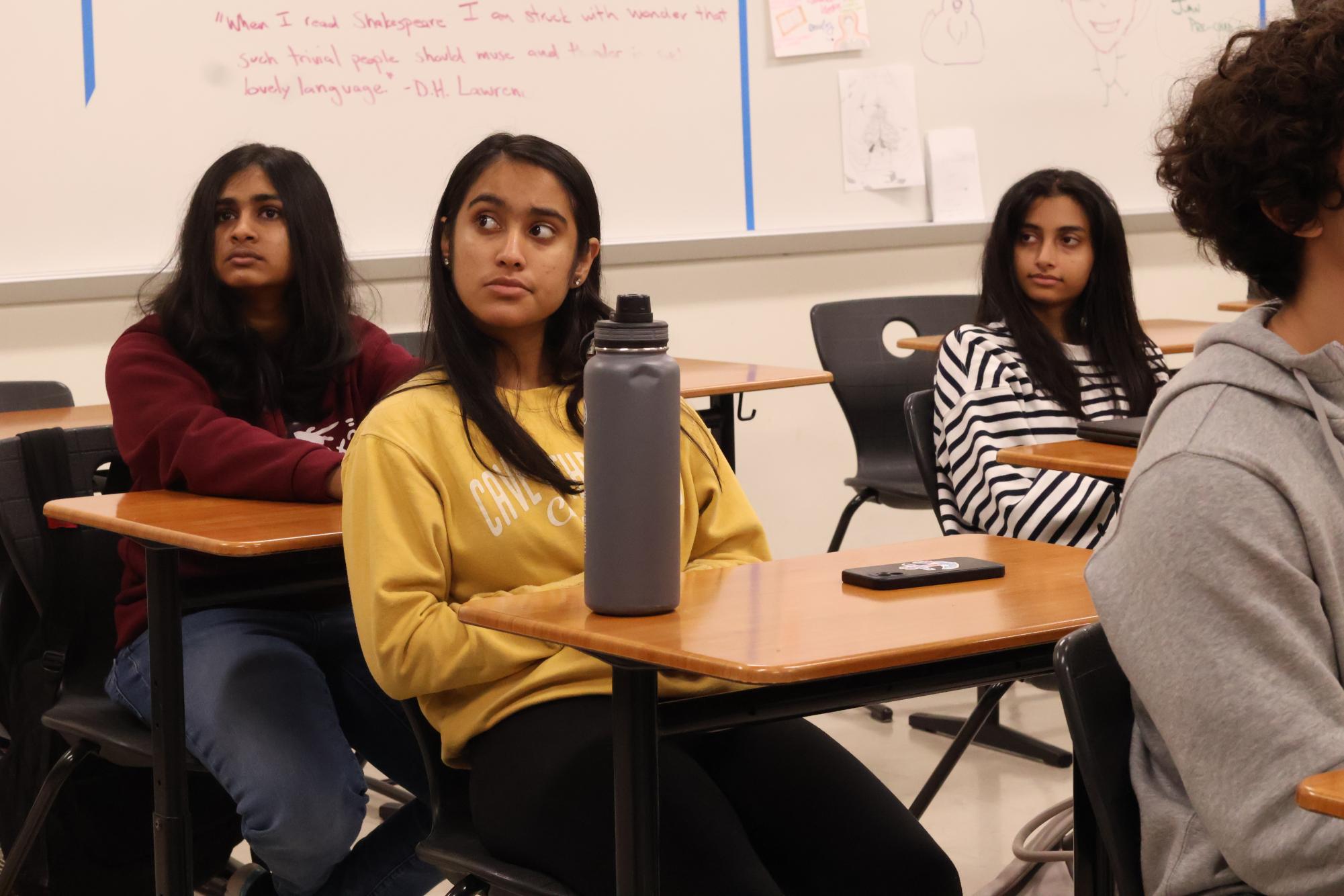
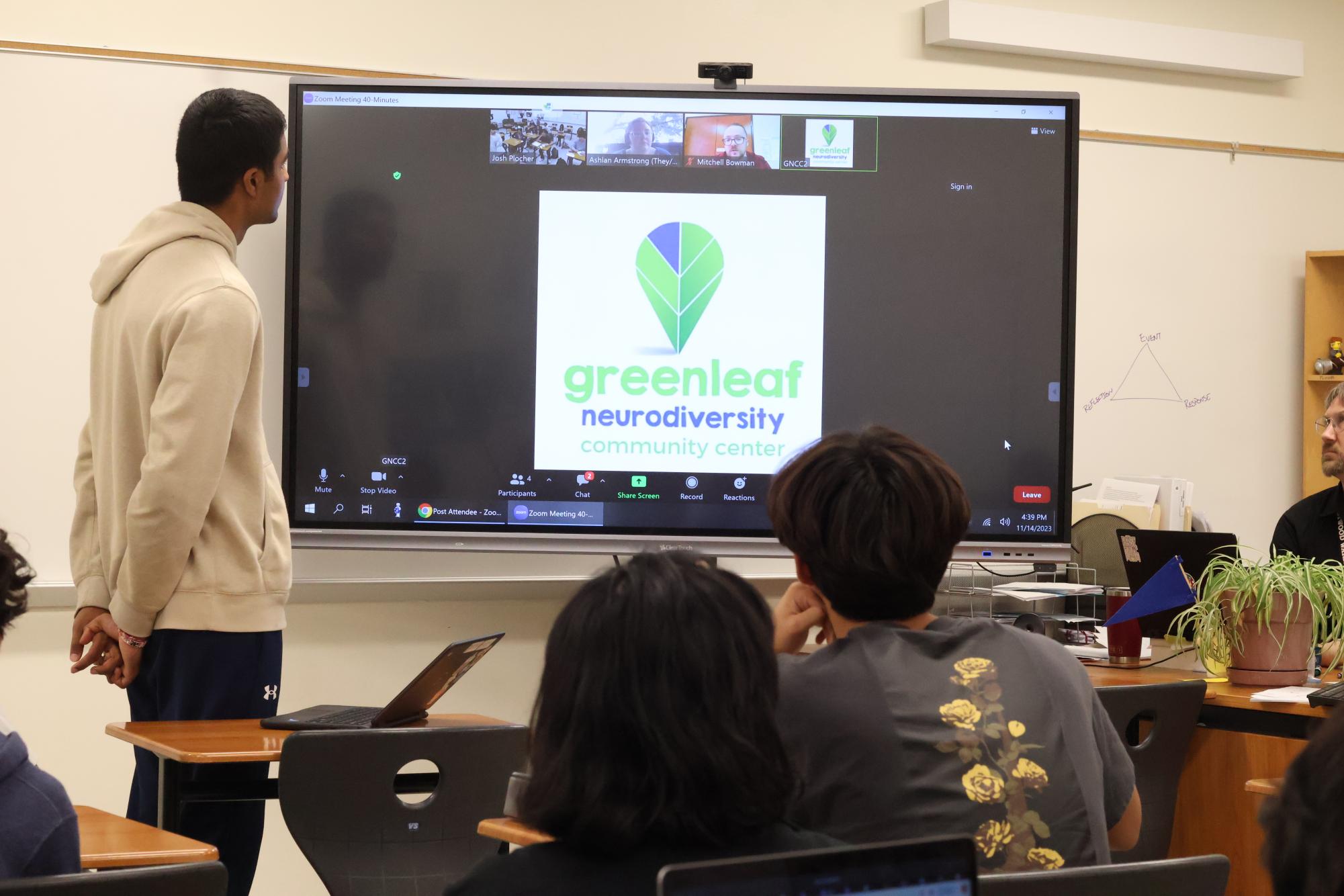
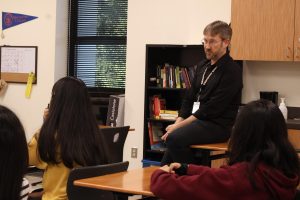
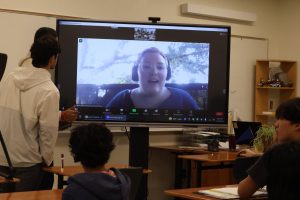
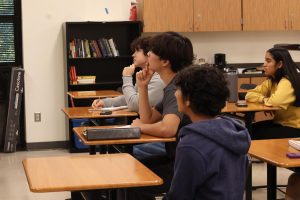
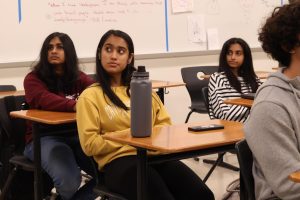
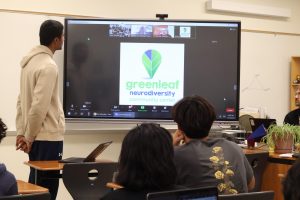
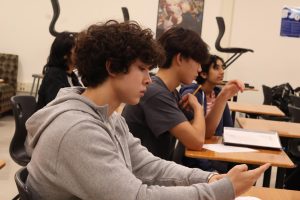
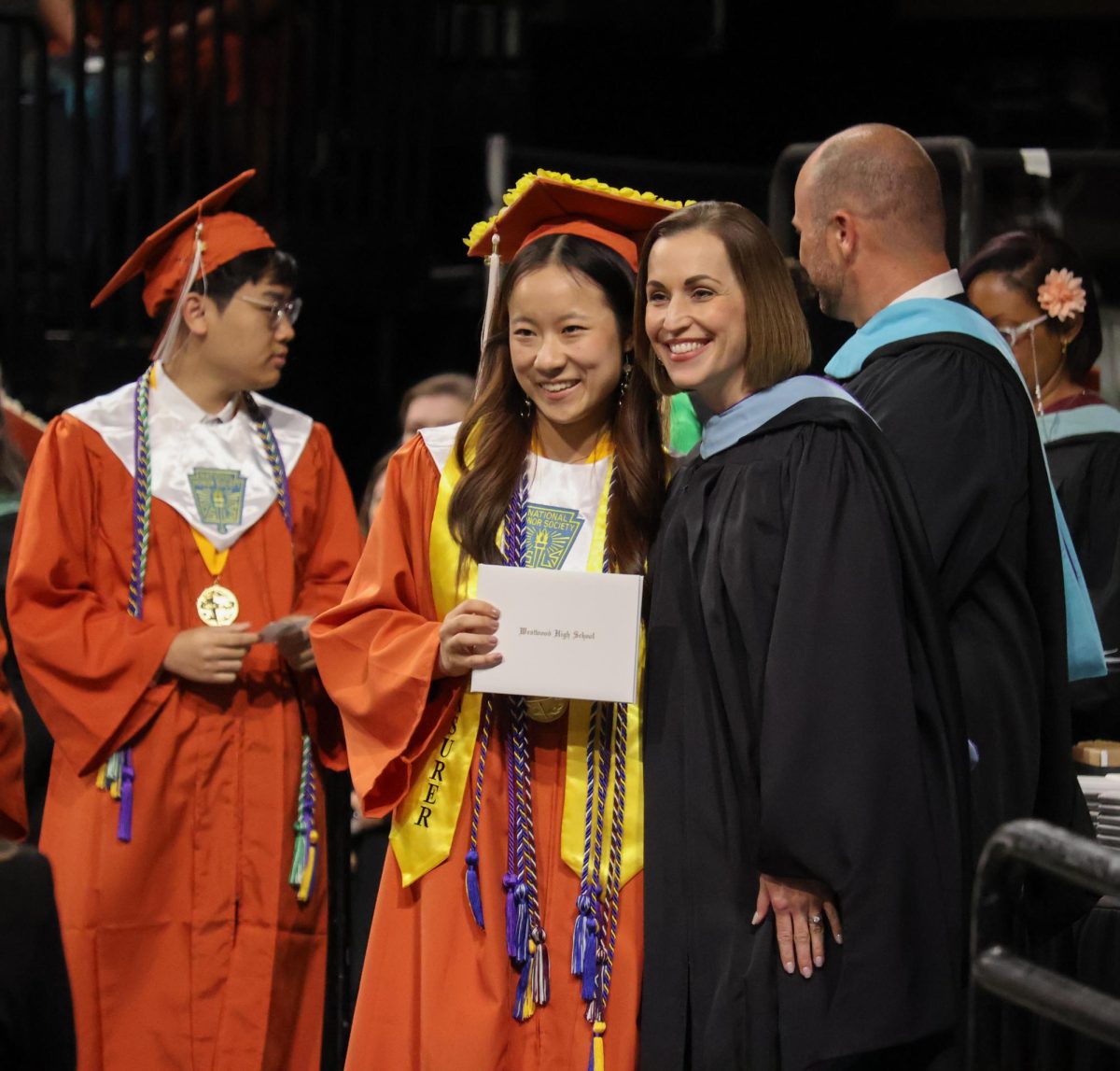


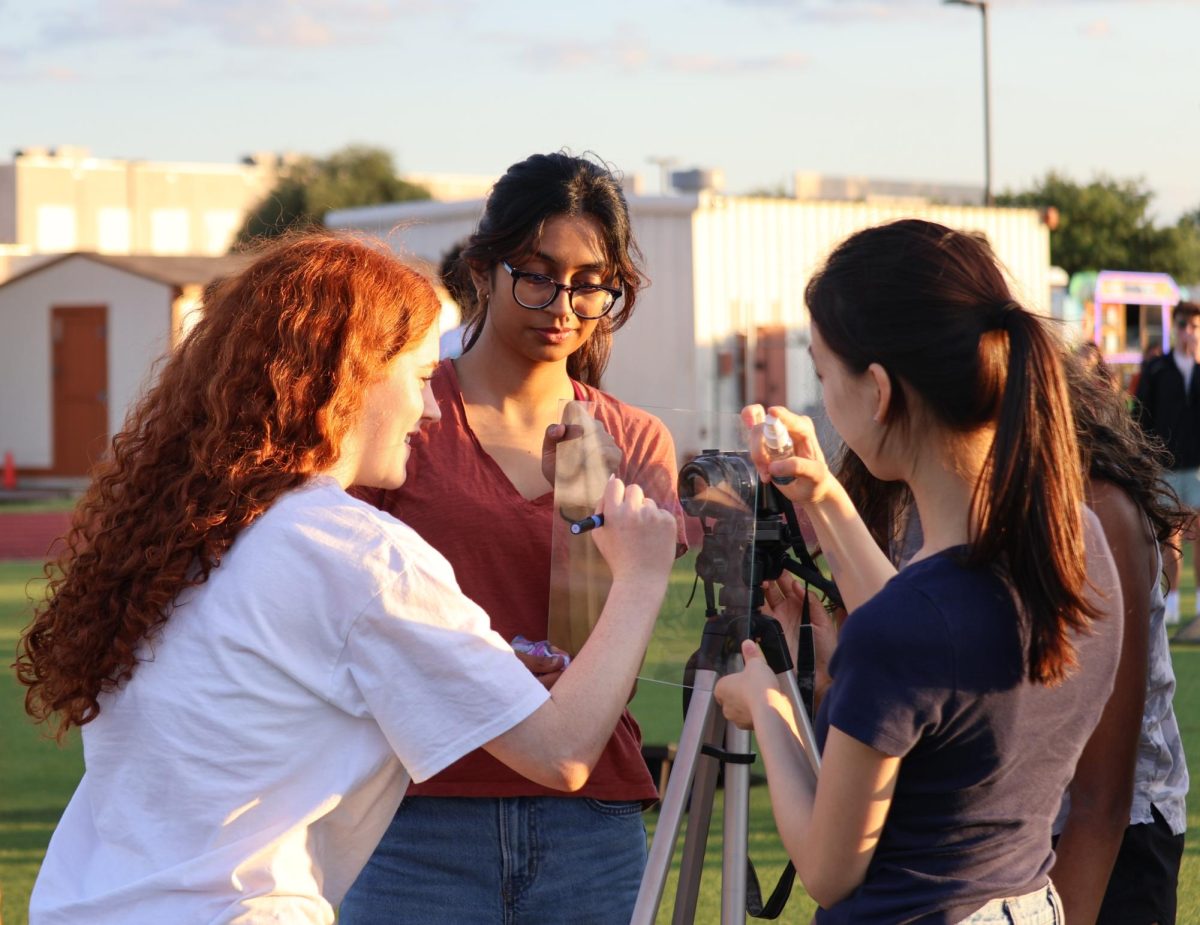
![Holding her plate, Luciana Lleverino '26 steadies her food as Sahana Sakthivelmoorthy '26 helps pour cheetos into Lleverino's plate. Lleverino was elected incoming Webmaster and Sakthivelmoorthy rose to the President position. "[Bailey and Sahiti] do so much work that we don’t even know behind the scenes," Sakthivelmoorthy said. "There’s just so much work that goes into being president that I didn’t know about, so I got to learn those hacks and tricks."](https://westwoodhorizon.com/wp-content/uploads/2025/05/IMG_0063-1200x1049.jpg)
